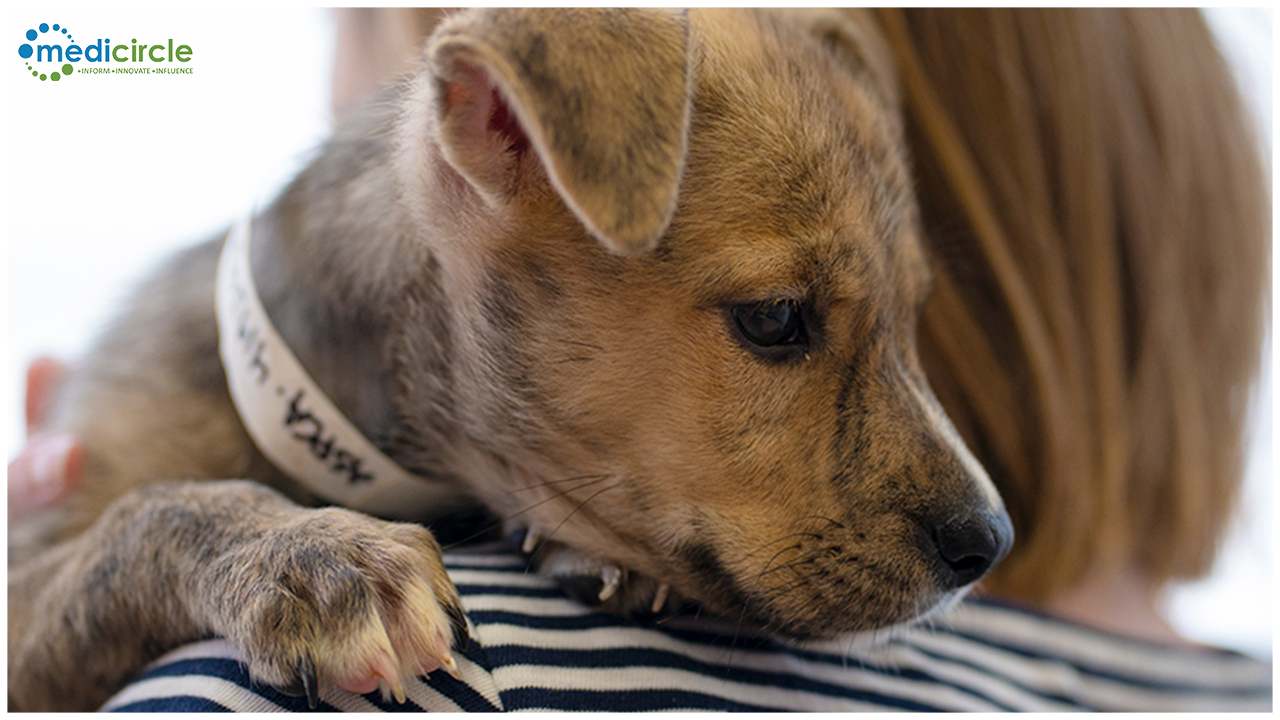In a pandemic, it's those nearest to us that we stress over most: our companions, families and... pets.
The most squeezing question for some, pet proprietors is whether their darling creatures can get the new coronavirus.
The World Health Organization says no.
There is no proof to recommend that COVID-19 in the structure it shows up in people can be passed onto buddy creatures and comparatively, no proof of a pet transmitting the infection to people. So regardless of whether you have the illness, you shouldn't stress over passing it to your pets.
Be that as it may, senior vet Sean Wensley, who works for veterinary foundation PDSA, says ordinary cleanliness measures are as yet significant.
"There's no proof of any progressing transmission of the ailment by our pets," he told Euronews.
"In any case, as we try to comprehend the infection, we believe it's extremely significant that we apply the standard cleanliness quantifies that we should apply constantly, so washing our hands when contact with our pets, their leads, their nourishment, their crap, yet that is only all acceptable preparatory exhortation."
Regardless of whether our pets don't appear to be truly undermined by the sickness, there's as yet the matter of ensuring they're thought-about appropriately while under lockdown. In most European nations that have presented obligatory social-separating measures, there are exclusions to the stay-inside order on the off chance that you have to walk your canine. Be that as it may, it's essential to keep the stroll as short as could reasonably be expected, and stay away from others. Most stops and pooch run parks are shut to downplay human contact.
"At the point when we're capable, in case we're not self-secluding on account of associated signs with coronavirus, and are in this way still ready to take our pooches for a walk, we should ensure they're kept on a lead, we wash our hands before we take them out and we critically keep them two meters separation or whatever your nearby government counsel is, away from other canine walkers," clarified Wensley.
In case you're self-separating because you figure you may have COVID-19 however can't keep a greyhound inside the entire day with you, it's alright to connect for help, said Wensley. Asking a companion or relative to take your pooch for a walk is a decent move, as long as the two individuals play it safe.
Once more, pets can't get the malady, yet things like their neckline or lead could transmit it if a tainted individual contacts them.
"That individual shouldn't come into your home, you ought to keep up a two-meter good ways from them, and simply be reasonable, wash your hands, wipe your pet down, before you move them, request that they carry their lead with them."
Furthermore, much the same as us, pets aren't excessively enamored with large changes in schedule. Whatever lockdown estimates look like in your family unit, almost certainly, the routine isn't equivalent to it was before the pandemic. That could be a formula for worried pets, as per Wensley.
"For certain pets, having individuals around in the house that they wouldn't regularly have, maybe kids, if there's an adjustment in the schedule that can be distressing for a portion of our creatures. Felines are especially inclined to that.
Regardless of whether it's a pet bed, or under your bed, Wensley said it's imperative to recognize a spot where your pet can limit their pressure.
"I figure we as a whole need to in these difficult occasions," he said.

 The one top tip I would give for those pets, and indeed all pets actually, because of the change of routine, is to make sure they've got somewhere that they can go to get away from the rest of the household and commotion, if they want to
The one top tip I would give for those pets, and indeed all pets actually, because of the change of routine, is to make sure they've got somewhere that they can go to get away from the rest of the household and commotion, if they want to













.jpeg)

.jpeg)
.jpeg)

.jpeg)


.jpeg)



.jpeg)
.jpeg)
.jpeg)


.jpg)


.jpeg)
.jpeg)